When it comes to fighting the spread of HIV/AIDS, it’s clear that prevention is critical. But not everybody has the same access to preventative services. That’s why today, February 7, we’re honoring National Black HIV/AIDS Awareness Day. We want to highlight some of the barriers that Black and African Americans face when caring for the virus.
First, here are some vital statistics: in 2018, Black and African Americans made up 42% of new HIV/AIDS diagnoses. Most of those diagnosed were gay and bisexual men. Between 2014-2018, cases among people aged 25-34 increased by 7%. And finally, 6 in 7 people knew they had the virus, but 1 in 7 did not, which can cause unknowing transmission of the virus.
Unfortunately, not knowing one has the virus isn’t the only barrier facing Black Americans’ care and prevention. Homophobia is also a huge barrier to receiving care. Homophobia leads to increased stress, which ultimately leads to poorer health. Homophobia also decreases social support available for Black people with the virus.
Black and African American men and women also have higher rates of certain sexually transmitted diseases than other ethnicities. Because of this, their chances of getting or transmitting the virus to others are significantly higher.

Social and economic barriers from poverty also prevent Black people from getting care and education for HIV/AIDS. In addition, because of systematic racism, Black people often live in areas that decrease access to high-quality healthcare, housing, and HIV education. Not only does this affect their ability to get treatment, but it also has negative impacts on their overall health.
This is where doctors and health professionals come in. Doctors and health professionals need to do their part to do considerably more outreach to disadvantaged communities to make sure those who need it most are getting HIV/AIDS prevention and education and treatment resources. Health institutions need to start dismantling institutional racism and learning how racism affects the communities most in need of care to breach those barriers. Healthcare for Black communities needs to be a priority in the medical field to fight diseases like HIV/AIDS more effectively.
The dance community can also help fight against the spread of HIV/AIDS. Using your platform to discuss HIV/AIDS prevention and educate the public is a great way to help end the stigma of HIV/AIDS. Dancers must use their voices and platforms to help inform the public to eradicate the stigma and provide people’s care. Lessening the stigma around HIV/AIDS will ultimately help people with the virus to get greater access to quality healthcare and improve their overall health and wellbeing by providing them with more social support. As dancers, we must use our platforms for good and help fight prejudice with our voices and actions.

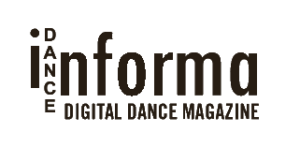

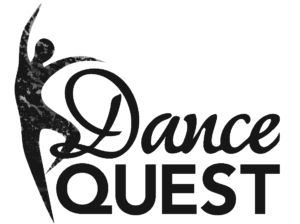
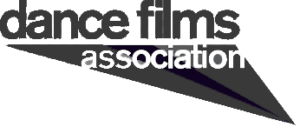

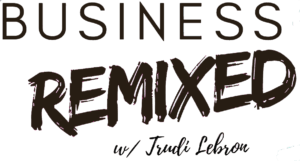

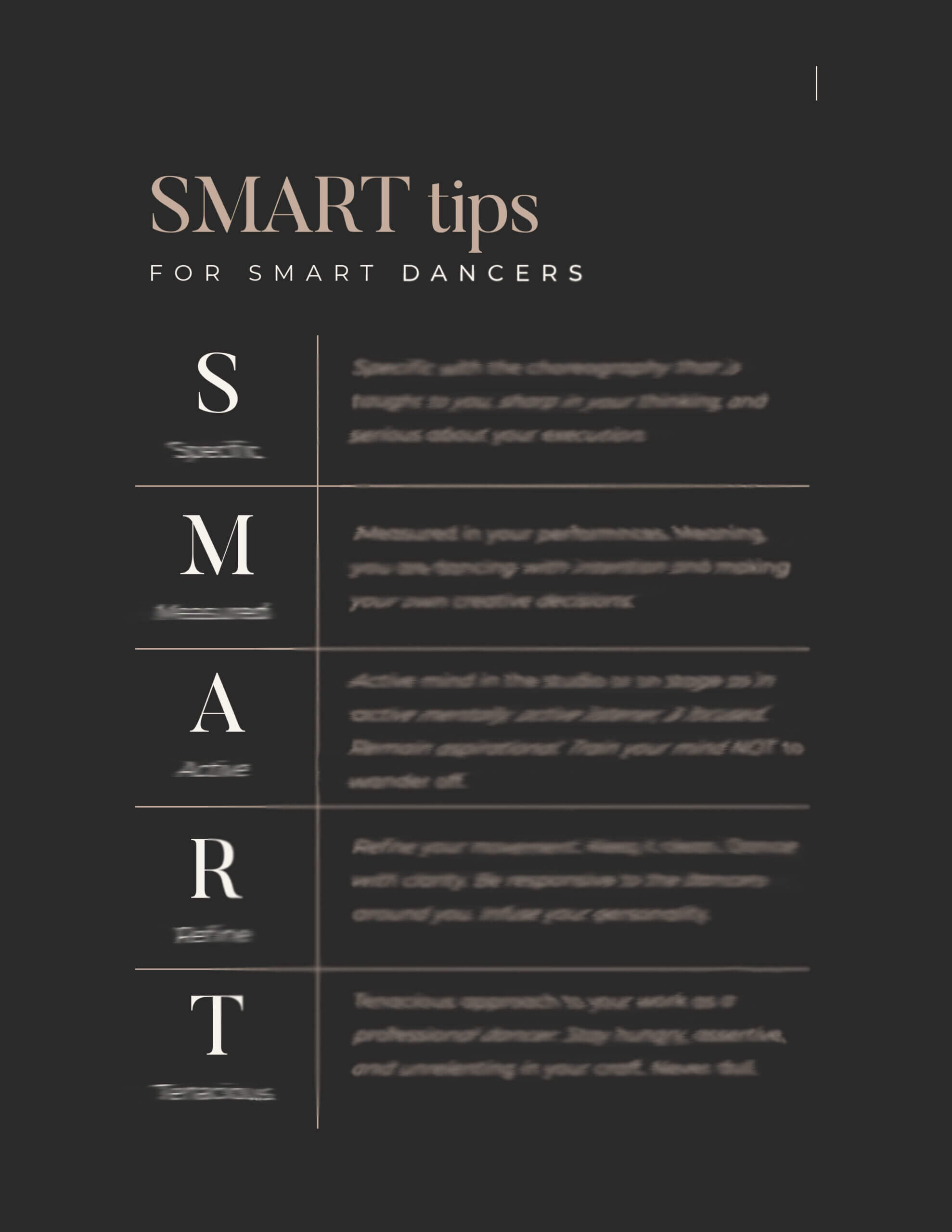
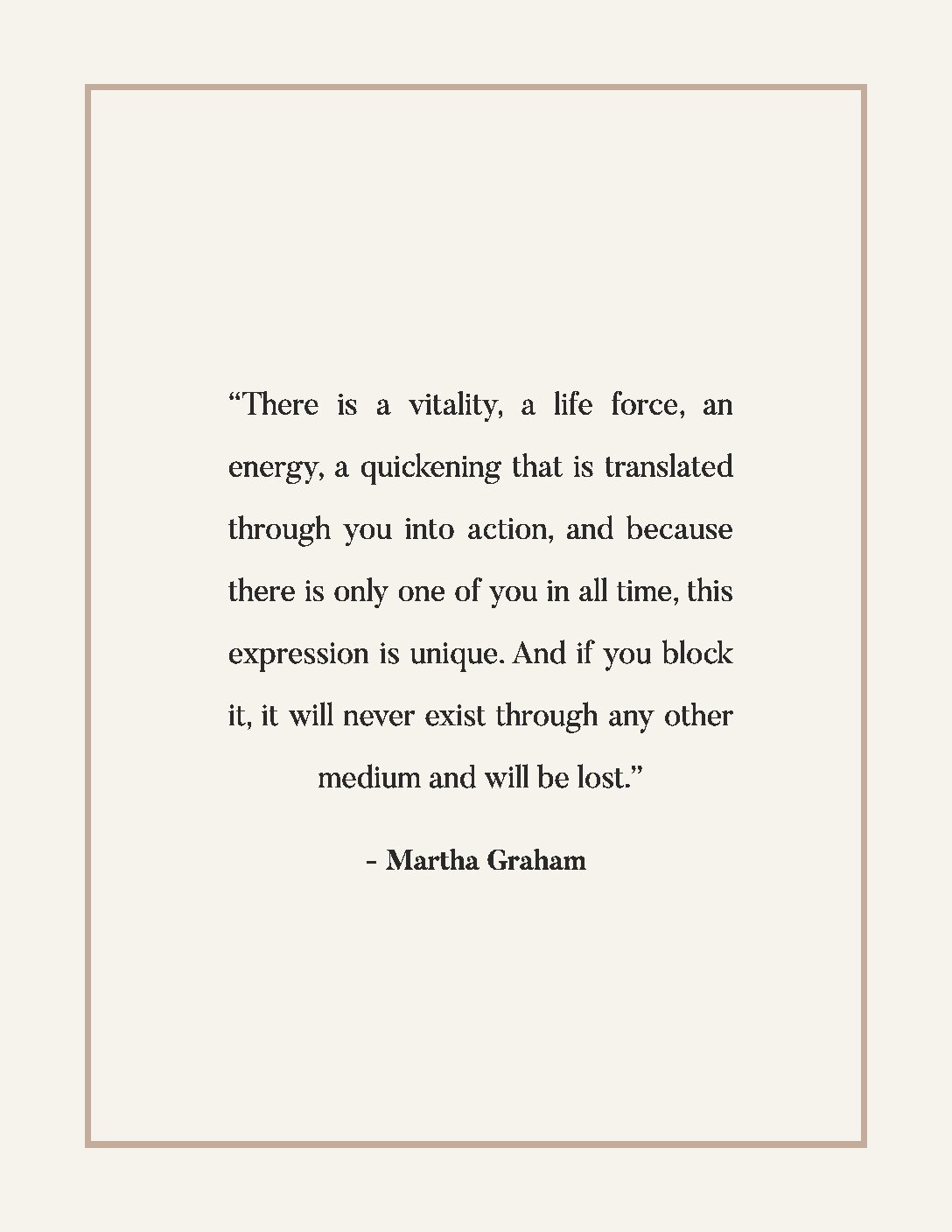

Leave a Reply